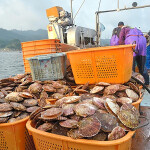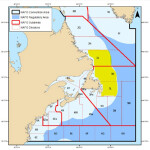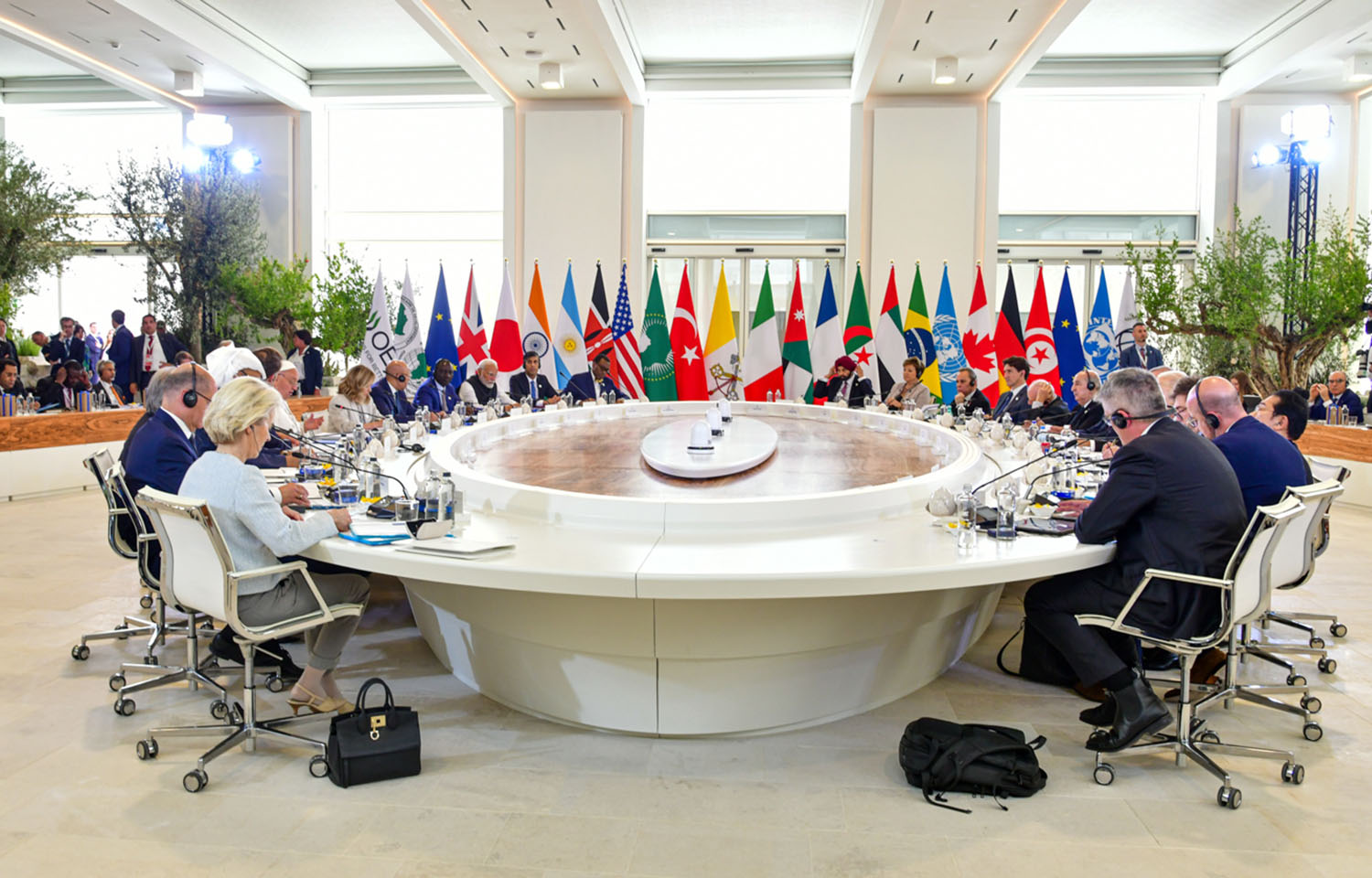The leaders of the Group of Seven (G7) nations, which met in Apulia, Italy, from 13 to 15 June, have issued a lengthy “Communiqué” that includes criticism of Russia’s seafood-trading practices.
The statement covers topics ranging from fostering partnerships in African countries to committing to support Ukraine in its war against Russia.
“We express concern about Russia’s environmentally unsustainable and unfair trading practices regarding fish and seafood products,” the communiqué states.
U.S. Senator Dan Sullivan (R-Alaska) issued a statement on 18 June welcoming the language in the communiqué. Sullivan originally called for the U.S. to issue a total ban on Russian seafood imports in 2022, which prompted U.S. President Joe Biden to later follow up with an executive order banning imports that he later expanded to include imports of Russia-originated seafood processed in third countries.
“Sullivan envisions the G7 statement as a major first step toward America’s allies implementing comprehensive sanctions on Russian seafood imports, in light of Russia’s unfair seafood trade practices and brutal invasion of Ukraine,” Sullivan’s press office said in a statement.
Sullivan said he met with U.S. Secretary of Commerce Gina Raimondo to discuss including the language on Russia in the G7 statement, and said he later met with U.S. Secretary of State Antony Blinken and U.S. Deputy Secretary of State Kurt Campbell to talk through the issue on 4 June.
“The Putin regime is engaged in an all-out price war against America’s fishermen and seafood industry – an economic retaliatory attack against America and our allies for standing against the brutal invasion of Ukraine,” Sullivan said. “The Russians have calculated that, by employing recklessly unsustainable fisheries practices, they can drive prices low enough for long enough to force American fishermen and processors out of business.”
Sullivan said he worked “relentlessly” to have the language included in the G7 statement to help the Alaska fishing industry.
“The key now is follow-through – ensuring our allies enact comprehensive sanctions on Russian seafood consistent with this G7 statement, which will end this race to the bottom, support our fishermen, and weaken the dictators in Moscow and Beijing,” he said.
The G7 statement also comes soon after Russia instituted a rule change that streamlined its efforts to fish outside of its exclusive economic zone (EEZ). That change, according to Russia’s Federal Fisheries Agency (Rosrybolovstvo), will allow fishing vessels to fish in international waters in the absence of decisions by interstate bodies, and it declares Russia has the authority to establish a total allowable catch in those areas.








